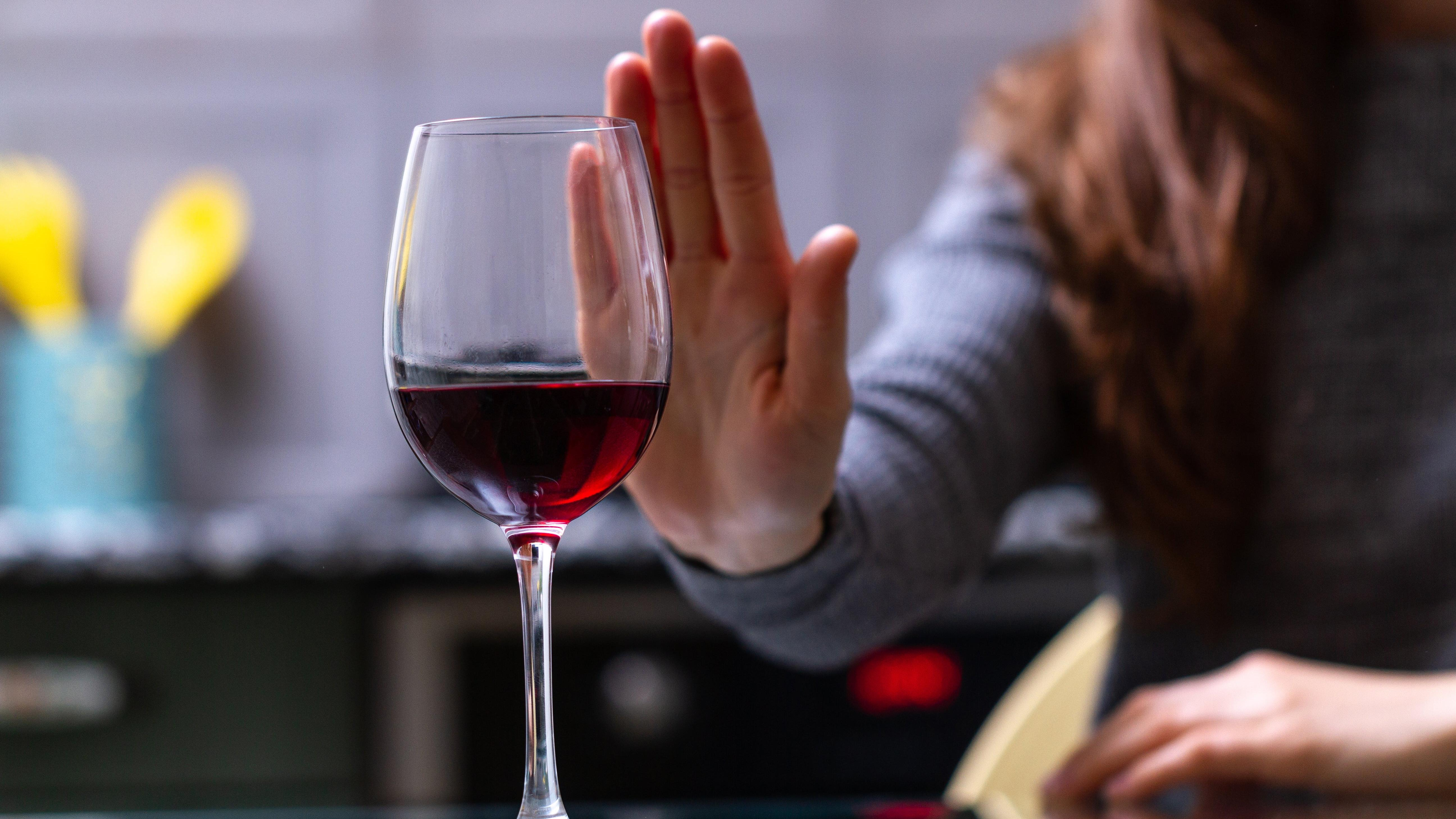New Survey Reveals Our Shifting Relationship To Dry January
Everyone's go-to new year’s resolution isn’t so cut-and-dried anymore.
I'm going to eat healthier! I'll start working out! I'm giving up alcohol! A month away from booze is how some people like to kick off January, but new data from Morning Consult indicates that many are starting to approach this common new year's resolution a little differently.
Whether you see it as Dry January or a newfound commitment to longterm sober living, the beginning of a new year is usually when our home bar carts start gathering dust. However, Morning Consult finds that participation in Dry January has decreased this year, down from 19% of adults surveyed in 2022 to 15% surveyed in 2023.
Interestingly, fewer participants in Dry January doesn't necessarily mean an uptick in drinkers: Since millennials consume less alcohol as a demographic, many of them don't need to participate in this month-long commitment. In December 2021, 69% of millennials said they drink alcohol, while in 2022 only 62% said the same. Plus 30% of those participating in Dry January for 2023 will not be quitting cold turkey—some say they will only drink a few days in the month and others said they'll drink more than a few days in the month, but still less than they usually would.
I too will be taking a moderate approach to this sober month. Not for health or even self-improvement reasons, I must admit. No, my alcohol consumption will be taken in moderation simply because alcohol is damn expensive these days, and even NA substitutes don't provide any financial relief.
Despite the increasing popularity of mocktails and other nonalcoholic beverages that mimic their boozy counterparts, Morning Consult's survey found that people who participate in Dry January are around half as likely to purchase nonalcoholic wine, beer or cocktails than they were in January 2022. These NA drinks cost about the same as alcoholic ones, and many participants, like me, are starting off 2023 on a budget.
When even eggs are a ripoff, saving money becomes a top priority. And although in past years the main reasons people chose to abstain in January were improved health and weight loss, this year 73% of participants said saving money was just as much of a factor in their sobriety.
